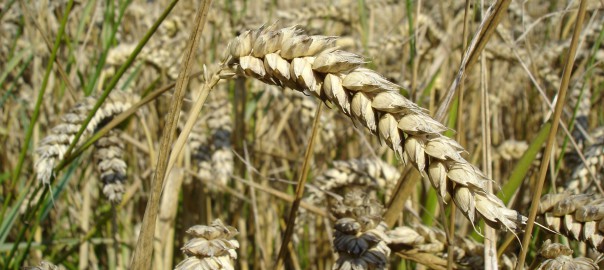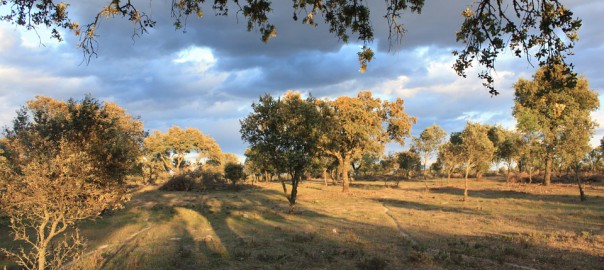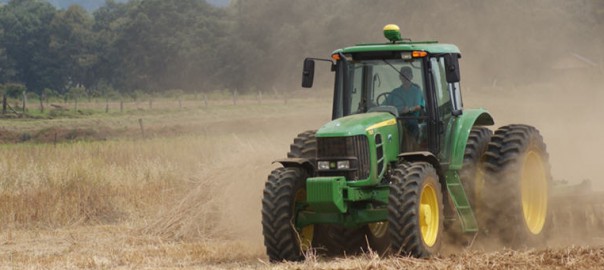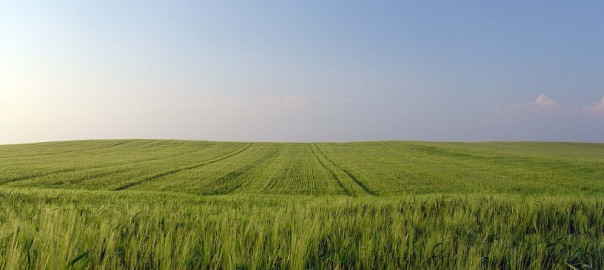According to the Food and Agriculture Organization (FAO), in 2050 the demand for food will increase by 70 percent over current levels. FAO has already warned since 2009 that the world population will increase from 7,000 billion today to 8.000 billion by 2030 and probably to more than 9,000 million by 2050, bringing the global food production will to increase by 70% in order to meet existing needs.
And all this in a context of climate change that is beginning to threaten some crops and that is affecting the agricultural and livestock productions across the globe, why international organizations, non-profit organization, administrations and governments are calling based agriculture conservation and sustainability of natural resources. Everyone seems to agree that the challenge is to move towards an agriculture that prevents soil erosion, water pollution, energy consumption and CO2 emissions as well as to reduce costs, but to remain efficient and productive. This means you have to achieve an increase in productivity, but sustainably, using existing technology and knowledge.
Experts estimate that the annual production of cereals, for example, will have to increase by almost one billion tons, and meat production by over 200 million tonnes, to a total of 470 million tons in 2050.
To climate change and competition for scarce resources, all the food system must become and be much more efficient in the use of resources, constantly reducing its environmental impacts, including emissions of greenhouse gases. It will be necessary to increase yields while reducing dependence on agrochemicals, reduce food waste and consumption of foods intensive exploitation of resources and the emission of greenhouse gases, such as meat.



